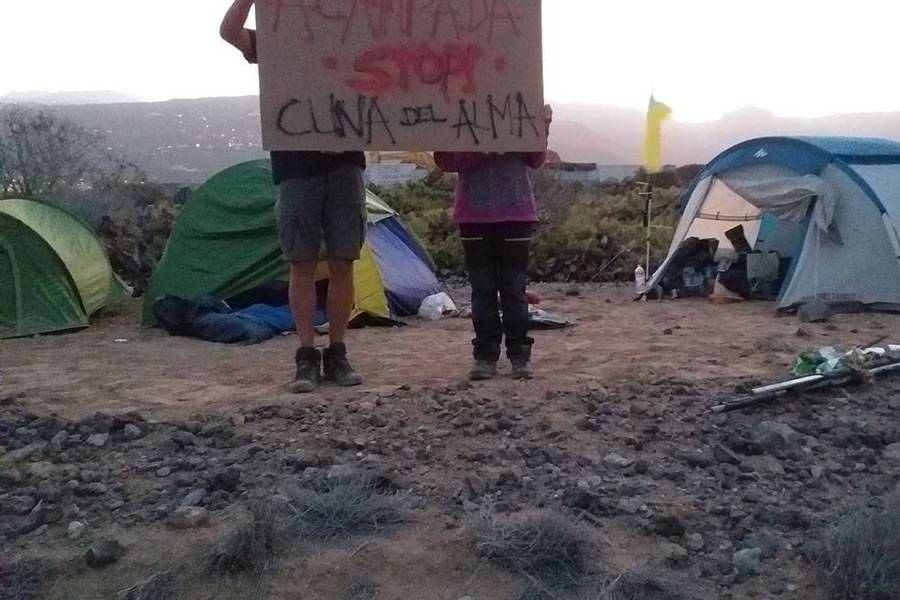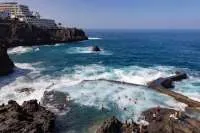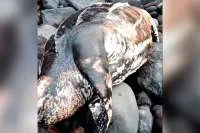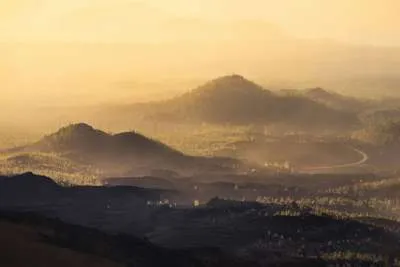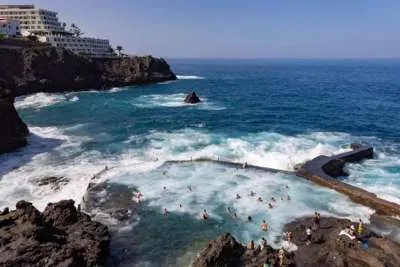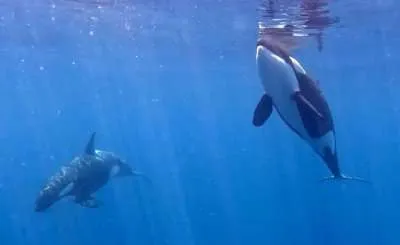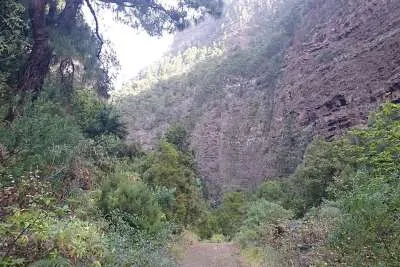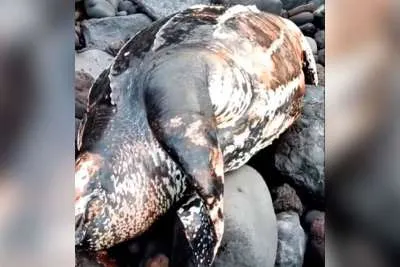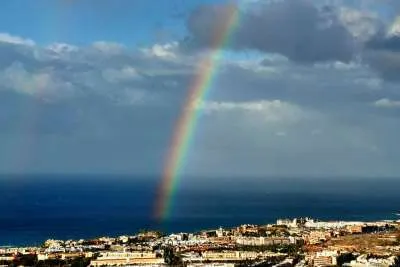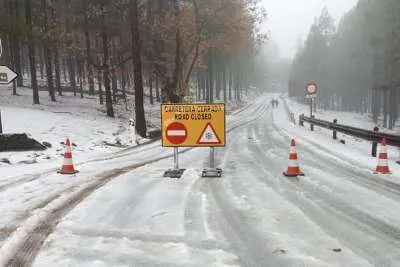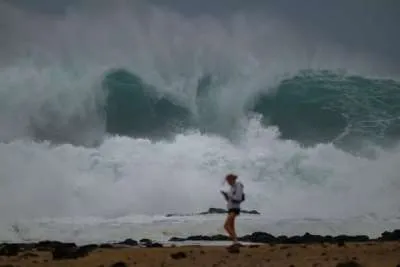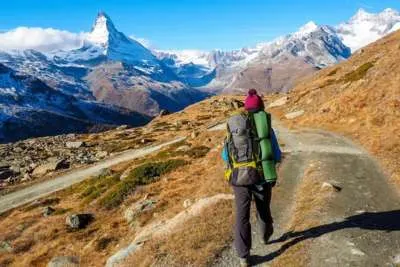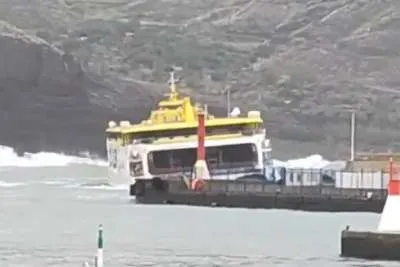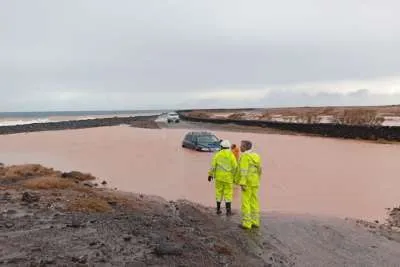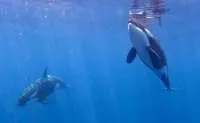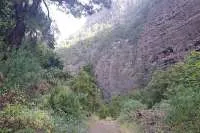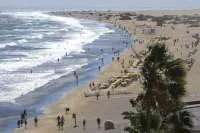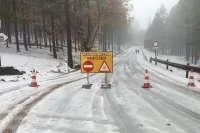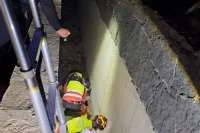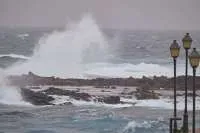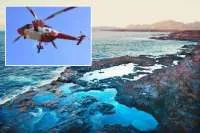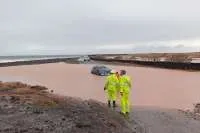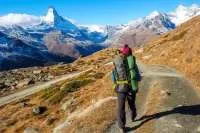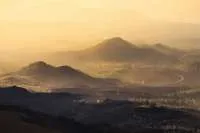Protesters camp out in Puertito de Adeje to stop construction of Cuna del Alma
- 25-07-2022
- Tenerife
- Canarian Weekly
Protestors have been camping on land over the weekend, where the Cuna del Alma resort is planned to be built, in the vicinity of Puertito de Adeje in the south of Tenerife, to demand that the project be stopped.
They are criticizing the "collusion" of the local public administrations, the Adeje Town Hall, the Tenerife Cabildo, and the Canary Islands Government, with the promoters given that since the process began, a series of "regulatory breaches" have been recorded that affect the natural and cultural heritage of the area.
However, this has not led to the stoppage of the works that began last May, despite the fact that there are two unfavourable reports from the Cabildo dated November 18th 2014, and May 12th 2017.
The protesters also claim that the project's environmental report, approved in March 2019, "was not technically and professionally rigorous" and does not even detail the impacts on the eight protected plant species on the site, as well as the threatened common stone curlew, a species whose protection status requires the protection of its habitat. In this report, in addition, "any impact on the adjacent marine environment is denied," they point out.
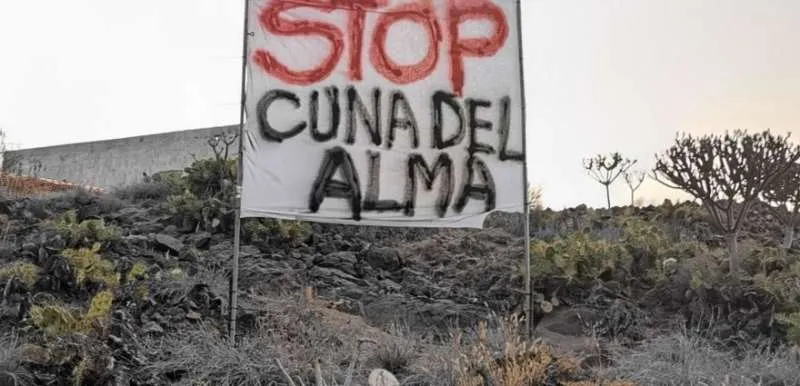
The protesters recall that as a result of a complaint from the Tegüico cultural association, the Cabildo made a report in five weeks that gave rise to the precautionary suspension of the works upon detecting serious patrimonial infractions, but it is limited to recommending the fencing of the affected area and rules out conducting a comprehensive study.
In addition, they highlight that Puertito de Adeje has a natural and cultural wealth that is "unique" in Tenerife, the Canary Islands and in the Middle Atlantic, "because it is an enclave of enormous geological, geomorphological, botanical, faunal, marine, archaeological, ethnographic, and historical value”.
They indicate that the project represents "the tip of the iceberg of an outdated economic model that only causes dependence on tourism and loss of competitiveness of the sector itself, loss of agricultural land and food sovereignty, unemployment and poverty, plus environmental, landscape damage and heritage”.
This model, they underline, "clearly goes against the new parameters that are pursued at the global level to achieve sustainable development, fight against climate change and achieve the Millennium Goals."
Other articles that may interest you...
Trending
Most Read Articles
Featured Videos
A Vision of Elvis Tenerife Promo
- 10-05-2025
TEAs 2025 Highlights
- 17-11-2025


